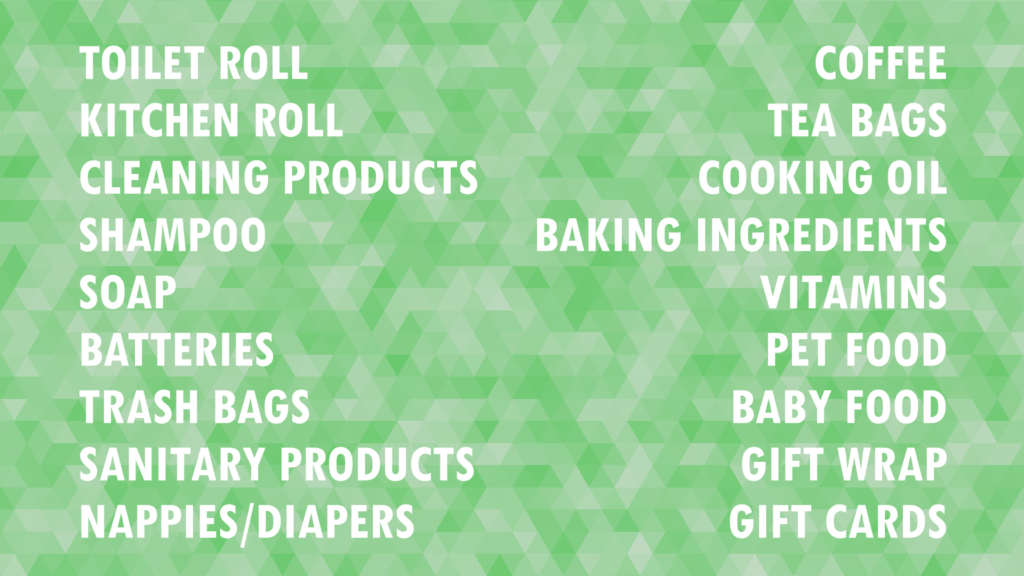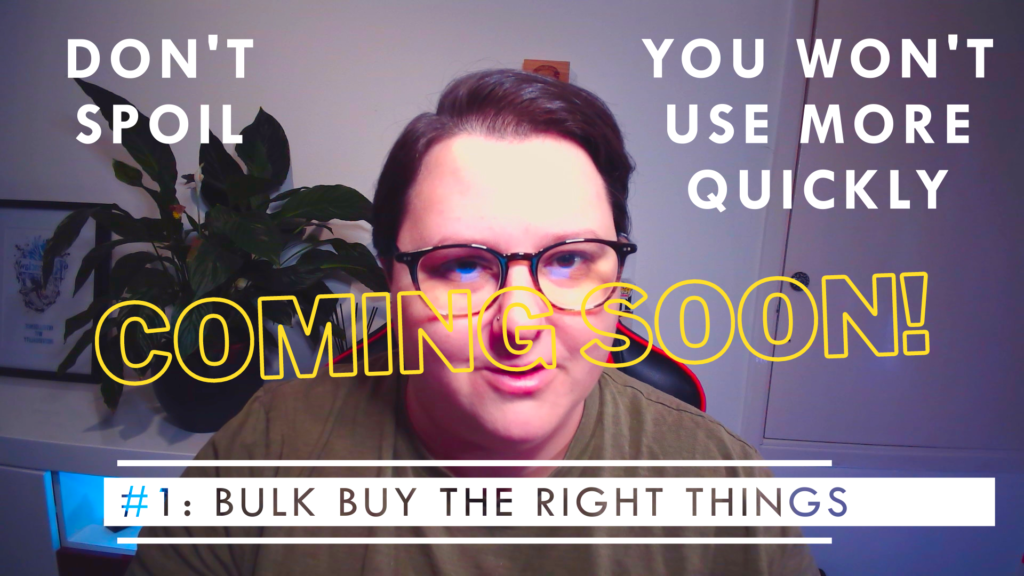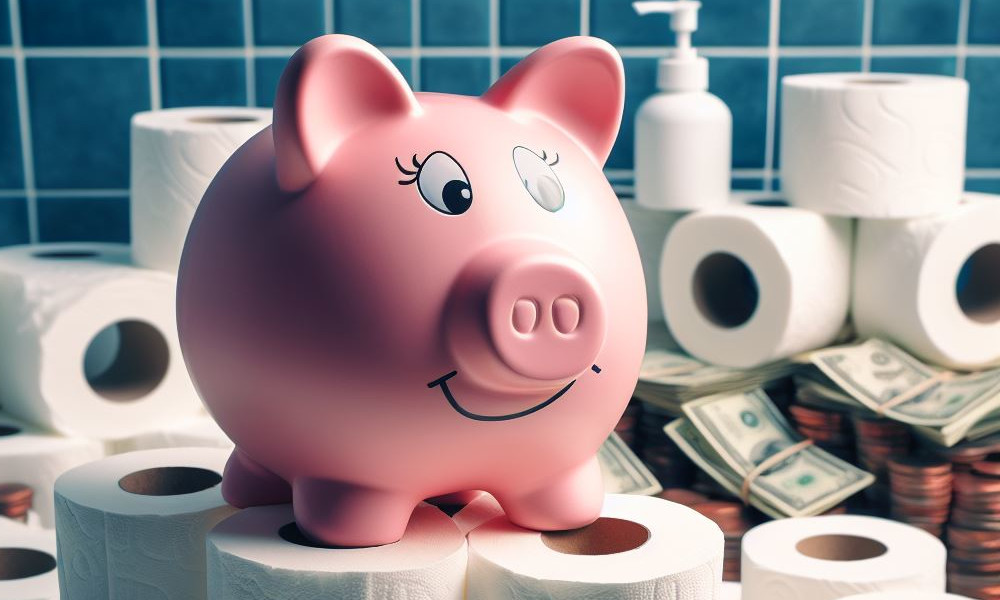Bulk buying can be a great way to save money on the things you’re already having to spend on. Whether it’s buying household essentials, groceries, or office supplies in larger quantities, this potential money-saving strategy comes with both advantages and potential drawbacks that are worth considering before diving into a bulk-buying spree. It’s much easier than you think to bulk buy the wrong things in the wrong way, and actually end up spending more rather than saving.
Some of the benefits of Bulk Buying
1. Cost efficiency: Purchasing items in bulk often results in significant cost savings per unit. Retailers and wholesalers frequently offer discounts for buying larger quantities, making it a cost-effective option for those seeking to reduce their expenses.
2. Convenience: Having a surplus of frequently used items can save time, effort, and money spent on frequent trips to the store. It ensures a ready supply of essentials at hand, reducing the stress of last-minute shopping.
3. Reduced packaging waste: Buying in bulk can reduce the amount of packaging waste generated from individual items, contributing to a more environmentally friendly shopping approach.
4. Long-term savings: Investing in bulk quantities of non-perishable items can yield long-term savings, especially for products with a longer shelf life. This can lead to savings which are not just one-time only, but regular weekly or monthly savings that you can put aside for a rainy day!
Potential risks of bulk buying
1. Storage challenges: Bulk buying generally requires more storage space, so you might find yourself limited more by this than anything else – particularly with bulkier goods such as toilet rolls!
2. Expiry dates: While purchasing in bulk can be advantageous, it’s crucial to consider expiration dates on perishable goods such as food. Buying too much of a perishable item may lead to spoilage before consumption, resulting in in you losing your savings or ultimately spending more than you would have if you didn’t bulk buy.
3. Overspending: The allure of discounts might lead to overspending on items that aren’t necessary or used frequently. It’s essential to differentiate between a good deal that can generate real savings for you and purchasing items just because they’re on sale.
4. Changes in preferences or needs: Your personal preferences or lifestyle changes might render bulk-bought items obsolete. What once seemed like a good deal could become excess baggage if needs or desires shift, so be cautious about how much of something you bulk buy to store.
The best items to buy in bulk
When thinking about what to bulk buy, consider items that:
a) Don’t go out of date, and,
b) You won’t consume more quickly by having more of them in the house
Some great examples include:

Smart tips for effective Bulk Buying
- Plan ahead: Make a list of frequently-used and non-perishable essentials to avoid unnecessary purchases.
- Storage solutions: Ensure you know where you’re going to keep your bulk bought items, and don’t forget to consider the shelf life of products where appropriate.
- Compare prices: Never assume your bulk buying is saving you money without doing the math! Compare the prices from as many retailers as possible across various quantities to ensure that it makes good financial sense to bulk buy.
- Start small: Experiment with buying in bulk on items you regularly use before committing to larger quantities. Toilet paper might be a good place to start!
- Track usage: Monitor your consumption patterns to avoid overbuying, faster than desired consumption, or waste.
Bulk buying can be a smart strategy when done thoughtfully. Balancing the cost savings with the potential risks requires a mindful approach. Assessing individual needs, storage capabilities, and consumption patterns is key to reaping the benefits of bulk purchases while mitigating the associated risks.


